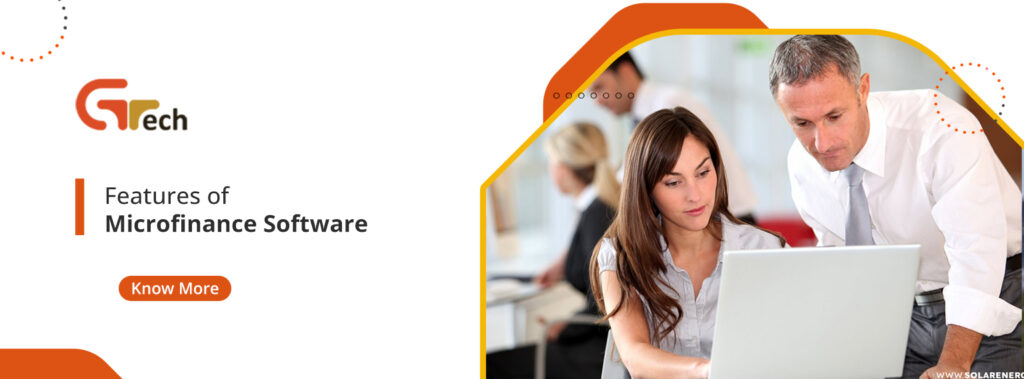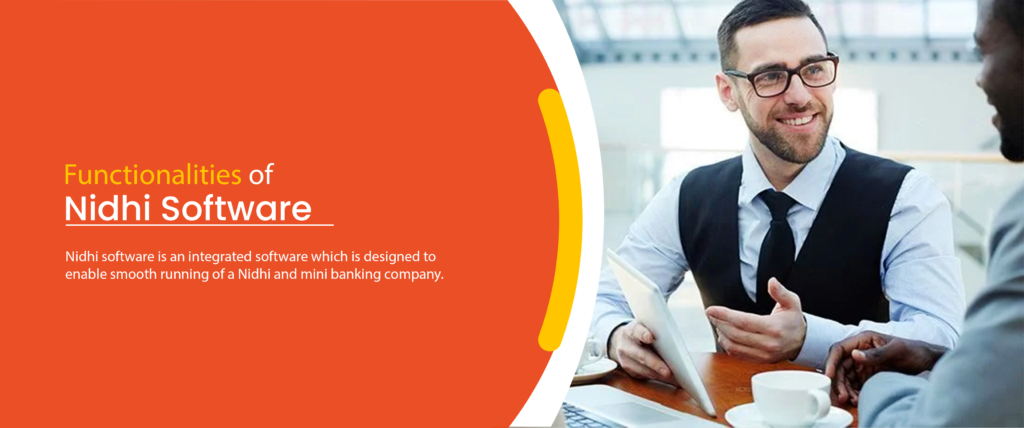In today’s digital age, data security and privacy have become critical concerns for businesses, especially those in the financial sector. With the increasing reliance on technology and the vast amount of sensitive information being stored and transmitted electronically, it is crucial for credit cooperatives to prioritize the security and privacy of their data.
Why are Data Security and Privacy Important in Credit Cooperative Software?
Ensuring Confidentiality and Trust
Maintaining the confidentiality of customer data is paramount for credit cooperatives. Customers entrust their financial information to these institutions, and any breach of security can result in severe consequences. By implementing robust data security measures, credit cooperatives can foster trust with their customers, assuring them that their personal and financial details are safe from unauthorized access.
Compliance with Regulatory Standards
The financial industry is subject to various regulations and compliance requirements regarding data security and privacy. Credit cooperatives must adhere to these standards to avoid legal implications and penalties. Implementing secure software solutions ensures that these institutions remain compliant with regulatory frameworks such as the General Data Protection Regulation (GDPR) and the Payment Card Industry Data Security Standard (PCI DSS).
Mitigating Risks and Preventing Cyber Attacks
Cyber threats pose a significant risk to credit cooperatives. Hackers and cybercriminals are constantly evolving their techniques to exploit vulnerabilities in software systems. Robust data security measures and privacy protocols can help mitigate these risks and prevent cyber attacks, safeguarding sensitive financial information.
How Does Genius Technology Address Data Security and Privacy?
Genius Technology understands the importance of data security and privacy in credit cooperative software. As a leading software provider in India, they offer comprehensive solutions designed to protect your financial information. Here’s how they address these crucial aspects:
Advanced Encryption Protocols
Business Genius Technology employs state-of-the-art encryption protocols to secure data at rest and in transit. By using industry-standard encryption algorithms, they ensure that sensitive information remains confidential, even if intercepted by unauthorized individuals.
Multi-Factor Authentication (MFA)
To strengthen access control, Business Genius Technology incorporates multi-factor authentication into their software solutions. By requiring users to provide multiple pieces of evidence to verify their identity, such as a password and a unique token or biometric data, MFA adds an extra layer of security and mitigates the risk of unauthorized access.
Role-Based Access Control (RBAC)
Business Genius Technology implements RBAC to control user permissions and restrict access to sensitive data. With RBAC, credit cooperatives can assign specific roles and access levels to their employees, ensuring that each user has appropriate privileges based on their responsibilities. This helps prevent unauthorized individuals from accessing critical financial information.
Regular Security Audits and Updates
To stay ahead of emerging threats, Business Genius Technology conducts regular security audits and updates their software accordingly. By identifying vulnerabilities and implementing necessary patches and upgrades, they ensure that their software remains robust and capable of withstanding evolving cyber threats.
FAQs about Data Security and Privacy in Credit Cooperative Software
1. Why is data security important in credit cooperative software?
Data security is crucial in credit cooperative software to protect the sensitive financial information of customers from unauthorized access, maintain trust, and comply with regulatory standards.
2. What are the potential risks of not prioritizing data security and privacy?
Failing to prioritize data security and privacy can lead to data breaches, financial loss, damage to reputation, legal implications, and loss of customer trust.
4. What is multi-factor authentication, and why is it essential?
Multi-factor authentication requires users to provide multiple pieces of evidence to verify their identity. It adds an extra layer of security by combining something the user knows (e.g., a password) with something they have (e.g., a unique token or biometric data).
5. How does role-based access control enhance data security?
Role-based access control restricts access to sensitive data based on user roles and responsibilities. It ensures that each user has appropriate privileges and prevents unauthorized individuals from accessing critical financial information.
6. Why are regular security audits and updates necessary?
Regular securities audits help identify vulnerabilities in software systems, allowing for timely patches and updates. This proactive approach ensures that the software remains secure against emerging threats.
Conclusion
Data security and privacy are of paramount importance in credit cooperative software. By prioritizing these aspects, credit cooperatives can protect sensitive financial information, maintain trust with their customers, and comply with regulatory standards. Business Genius Technology, as a leading software provider in India, offers comprehensive solutions that address data security and privacy concerns. Through advanced encryption, multi-factor authentication, role-based access control, and regular security audits, they ensure the utmost protection for your financial data.


